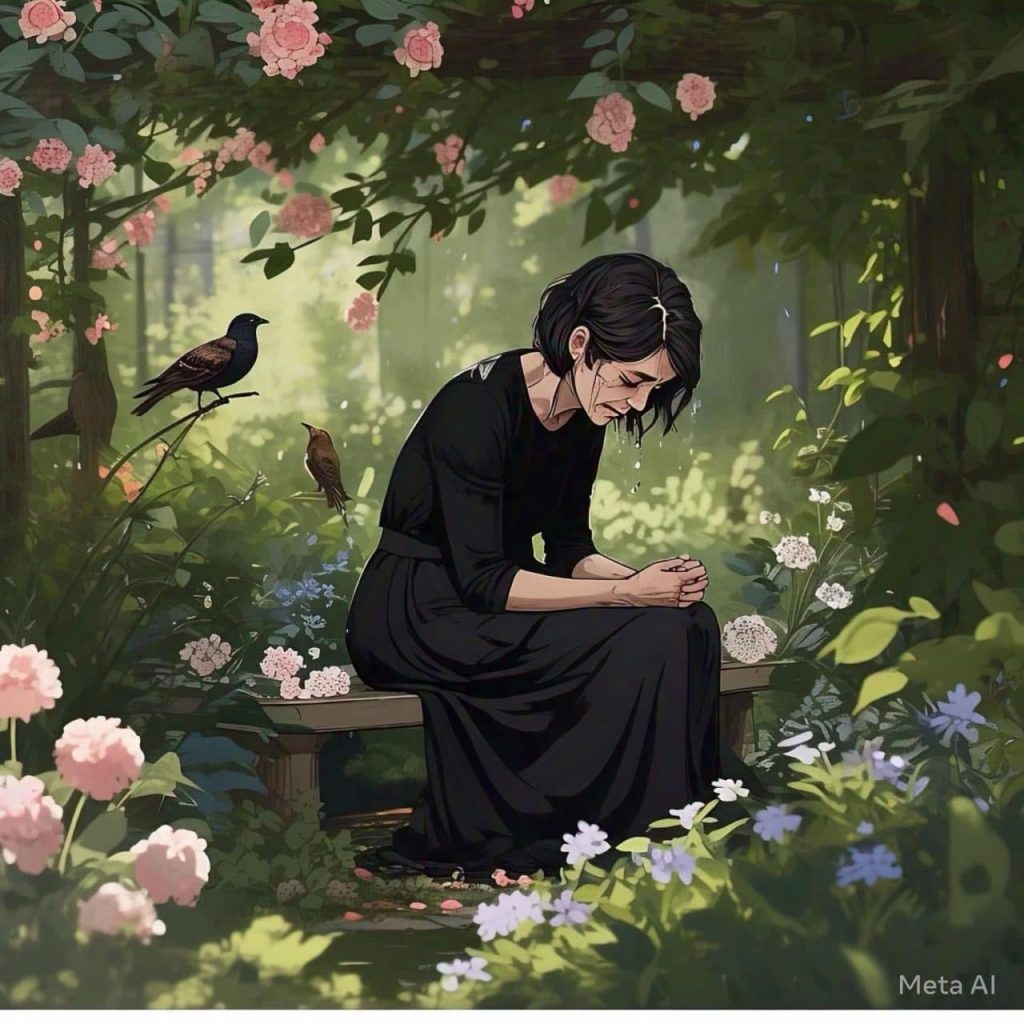
Many of us struggle with accepting the limits of reality—the disappointments, frustrations, and sadness that come with being human. It’s one thing to acknowledge these limits as painful, but it’s another to experience them with a sense of grievance, blaming others for what we wish weren’t true.
Blame is one of the most powerful defenses against grief. When we blame, we shift our emotional burden onto someone or something outside of ourselves. We tell ourselves that our pain is someone else’s fault, that things “shouldn’t” be this way, that if only someone had done something differently, we wouldn’t be feeling this way at all.
But at its core, grief is about accepting the painful truth that there are things beyond our control—things that hurt us, frustrate us, or limit us—and that’s just the way it is. People cut us off on the road, people forget our birthdays, people hurt us without realizing it. Often we have to wait to get things we yearn for, and sometimes we don’t get what we want at all.
Blame is a way of sidestepping grief. It gives us an illusion of control: If we can identify the person or thing that “caused” our pain, then maybe we can undo it, fight against it, or prevent it from happening again. But often, this only keeps us stuck in resentment instead of allowing us to process, mourn, and move forward.
The Early Roots of Blame and Helplessness
From the moment we are born, we experience helplessness.
• When we are hungry but must wait to be fed.
• When we cry and don’t get an immediate response.
• When we need comfort, but the external world doesn’t match our internal needs.
These early experiences of longing and waiting become embedded in our psyches. As we grow older, waiting for things—whether it’s love, validation, relief from pain, or fulfillment of a deep desire—can feel so hard.
For some, this translates into negative expectations in relationships, a deep fear that when we reach to others for what we need, we’ll be left waiting or wanting. For others, it becomes a kind of sensitivity to deprivation—a sense that life and people are withholding something that should be ours.
When we feel helpless or ineffective in getting what we need, it can be hard to regulate our emotions around waiting, loss, or disappointment. And in those moments, it’s easy to slip into blame—to believe that our pain is being caused by a cruel other or a hostile reality, rather than accepting that some suffering is simply part of the human condition.
Learning to Sit With Reality Instead of Fighting It
If blame is a defense against grief, then healing means learning to sit with grief without turning it into a anger against the world.
This isn’t easy. It means:
✔ Letting go of the illusion that everything should have been different.
✔ Recognizing that pain is not necessarily someone’s fault.
✔ Allowing ourselves to grieve instead of getting stuck in resentment.
In therapy, much of the work is about expanding our ability to tolerate these feelings of longing, waiting, and disappointment without needing to displace them onto others.
• Can I sit with my frustration without turning it into an attack?
• Can I recognize my grief without turning it into blame?
• Can I accept that some things are out of my control without feeling powerless?
Blame keeps us stuck in protest—an endless fight against what is. But grief, when we allow ourselves to fully feel it, has the power to move us forward.
To truly grieve, we often need a witness—someone who can acknowledge, hold, and contain our pain. In therapy, this sometimes means bearing the grief on behalf of our clients when they are still caught in protest and blame. It means holding space for their sadness until grieving no longer feels like a forced surrender, but a choice—one that can be approached with agency rather than imposed by external circumstances.
This is where the emotional connection in therapy becomes transformative. In being met with attunement and presence, clients begin to internalize the experience of being held in their grief rather than left alone with it. Over time, what once felt unbearable becomes shared, processed, and integrated—less of a weight to carry alone and more of a step to deeper healing and connection. Often this experience of having a partner in our grief is something our caregivers couldn’t give us, because seeing someone they loved in pain made them feel too guilty. Yet that cycle can be broken in the transitional space that therapy provides.
